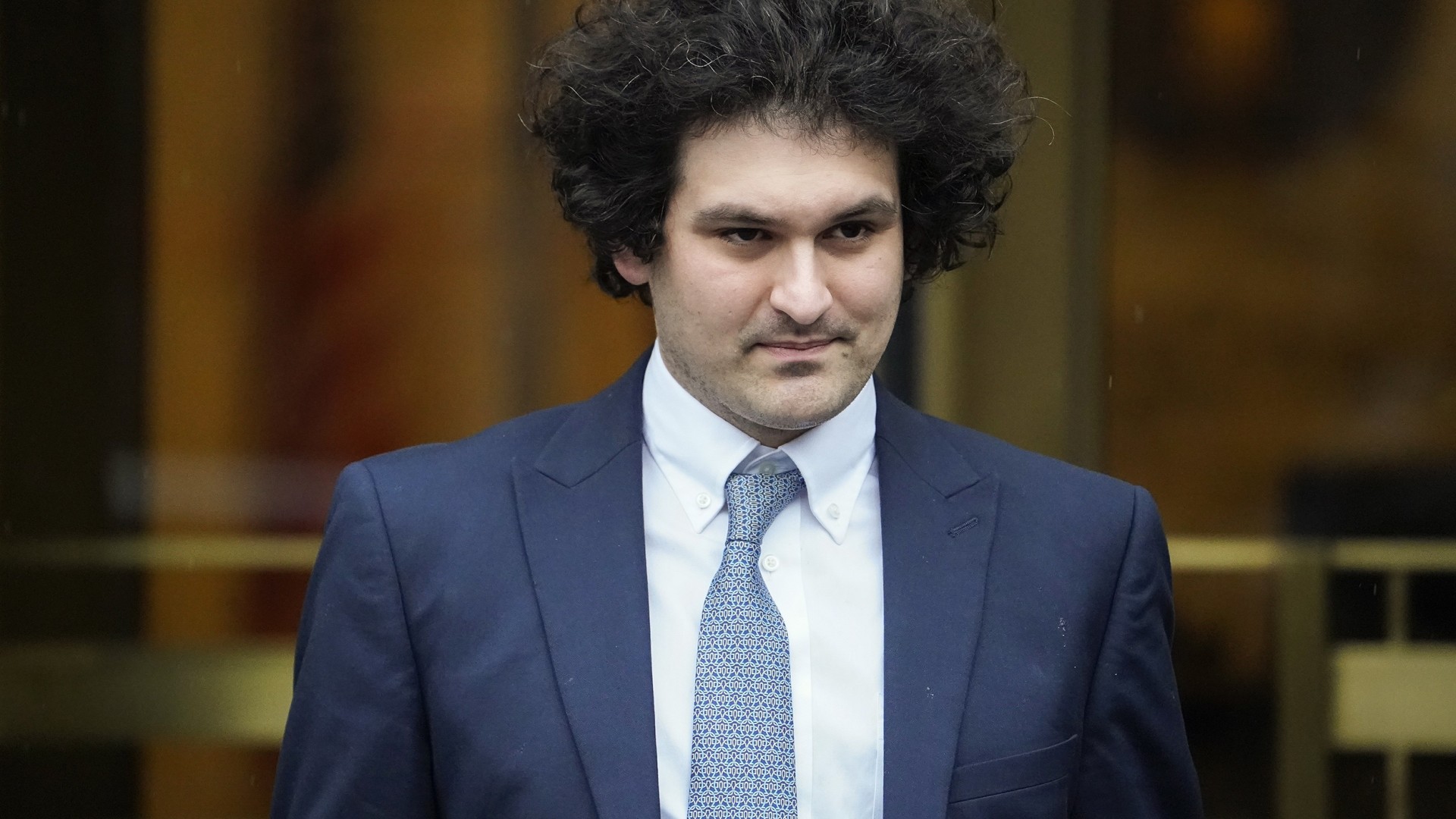FTX Founder Sam Bankman-Fried: The Blame Game with Fenwick & West Lawyers

Have you ever found yourself in a situation where you followed advice from someone you trusted, only to discover later that it led you down a path of trouble? Well, that seems to be the case for Sam Bankman-Fried, the founder of FTX and Alameda.
The Defense's "Good Faith" Argument
In his upcoming legal defense, Bankman-Fried plans to make a compelling case that he acted in "good faith" by relying on the advice of lawyers from the well-respected law firm, Fenwick & West.
Bankman-Fried's defense team recently published a letter outlining their strategy, which highlights the involvement of both in-house and Fenwick attorneys in reviewing and approving decisions related to the matters at hand.
"Evidence of the defendant’s reliance on counsel is relevant to the question of intent and is not limited to situations where the defense can establish that the defendant formally sought out the advice of counsel, received legal advice, and followed the advice given," the letter stated.
It is a fascinating argument that raises an important question about the extent of our responsibility when acting upon the recommendations of trusted professionals.
Fenwick & West: Silent on the Matter
Naturally, CoinDesk reached out to Fenwick & West for their perspective on the issue. However, they have yet to respond, leaving us wondering how they will address Bankman-Fried's allegations.
Interestingly, the defense letter also calls into question the Department of Justice's argument for more information on the case. Prosecutors had previously resisted the defense team's attempts to obtain information from Fenwick & West, creating even more intrigue around Bankman-Fried's legal battle.
The Indictment and Pending Trial
In a dramatic court appearance, Bankman-Fried pleaded not guilty to the latest superseding indictment, which includes charges of wire fraud and conspiracy. His trial is scheduled for early October, promising to be a high-stakes affair.
Will Bankman-Fried be able to convince the jury that he was genuinely acting in "good faith" while following the guidance of Fenwick & West? Only time will tell.
Key Takeaways:
- Sam Bankman-Fried plans to base his defense on the concept of "good faith" and argues that he was following legal advice provided by lawyers, including Fenwick & West.
- Bankman-Fried's defense team emphasizes that his reliance on counsel demonstrates intent, even if the advice was not formally sought or followed.
- Fenwick & West has yet to respond to the allegations made by Bankman-Fried, leaving room for speculation.
- The Department of Justice's resistance to sharing information from Fenwick & West adds an additional layer of intrigue to the case.
- Bankman-Fried pleaded not guilty to the latest indictment, and his trial is scheduled for early October.
Tags
Read more
-
CryptoCrime
FTX Bankruptcy: Behind the Astronomical Legal Costs
Discover the jaw-dropping legal costs behind FTX's bankruptcy and the challenges it brings for creditors seeking their due. Learn about the ongoing negotiations with other collapsed crypto giants and the questionable financial records plaguing FTX. This deep dive into the chaotic world of FTX's bankruptcy reveals the immense pressure and vital importance of maximizing returns amidst the growing legal expenses. Don't miss this fascinating insight into the inner workings of a crumbling global exchange.
-
Bitcoin
What Can Bitcoin Tell Us About Asset Correlations?
This article explores the correlations between Bitcoin and various assets, such as tech stocks, precious metals, stocks, and bonds. Discover how these correlations have evolved across different timeframes and gain valuable insights into the potential relationships between Bitcoin and other investment options.




